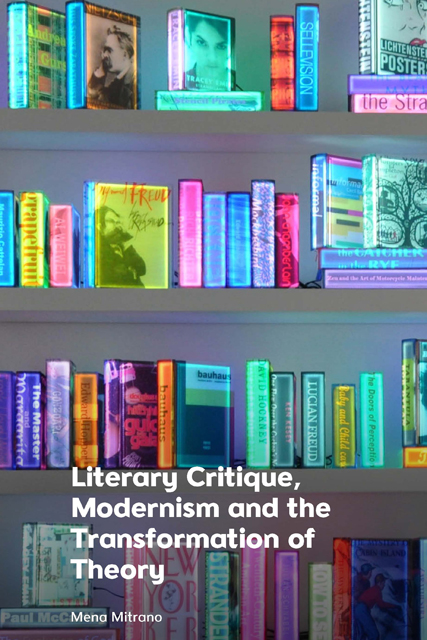Book contents
- Frontmatter
- Contents
- List of Figures
- Acknowledgments
- Introduction
- 1 What is Critique?: Three Types of Indocility
- 2 Theory: Thinking with Literature
- 3 What is a Critic?: Weak Thought, Weak Theory, Italian Theory
- 4 Language: The Return to Saussure
- 5 Tradition: Eliot and Work
- 6 Text and Method: Cixous–Joyce–Lispector
- 7 Poststructuralism: Faith and Lacan
- Conclusion: Depending on Your Neighbor
- Bibliography
- Index
3 - What is a Critic?: Weak Thought, Weak Theory, Italian Theory
Published online by Cambridge University Press: 25 April 2023
- Frontmatter
- Contents
- List of Figures
- Acknowledgments
- Introduction
- 1 What is Critique?: Three Types of Indocility
- 2 Theory: Thinking with Literature
- 3 What is a Critic?: Weak Thought, Weak Theory, Italian Theory
- 4 Language: The Return to Saussure
- 5 Tradition: Eliot and Work
- 6 Text and Method: Cixous–Joyce–Lispector
- 7 Poststructuralism: Faith and Lacan
- Conclusion: Depending on Your Neighbor
- Bibliography
- Index
Summary
Overview
Thinkers from different positions and disciplines linked to a variety of critical and philosophical orientations (postcritique, realism, Italian Theory) converge on a momentous cultural shift from rupture to a vast plane of ideas. The shift may be formulated using different lexicons, with Italian theorists perceiving an exit in a vaster world, while transnational scholars and realists and speculative philosophers alike may prefer to speak of a radical relationality (Elias and Moraru; Shaviro). Nevertheless, across the differences, a figure begins to emerge, that of a plane of coevalness. Aby Warburg’s and Fredric Jameson’s paradigm dramas in the previous chapter have prepared us for discussion of this new figure which, in this chapter, will be studied through the work of political philosopher Roberto Esposito. I choose to focus on Esposito because his plane of coevalness not only enters into conversation with a similar figure in Felski’s work but also results from a reorientation of the problem of the new. It replaces (or displaces) the logic of the avant-garde with a logic of circulation, and, in so doing, Esposito argues for a new that need not arise from rupture. Unlike Felski, he therefore feels compelled neither to reject modernism nor to conceive of its temporalities as based on an adversarial stance. Quite the contrary, as we shall see, Esposito’s Italian Theory carries modernism all along; it reactivates the central conflict of Life vs. Form, embedded in the concept of modernism, and thereby moves beyond the sovereignty of language decreed by the linguistic turn. In this chapter the actualization of the anglophone concept of modernism will imply a revision of its meaning. With the help of Esposito, we will zoom in on the nexus between modernism and theory as disciplinary areas to see how differing ordering principles and different temporalities emerge which ultimately raise the question of the boundaries of a field and cause us to reflect on how we conceive a disciplinary field. The keyword in this chapter is “critic.” Esposito’s work will throw into relief the development of recent theory, especially the so-called Weak Theory as a discourse on the profoundly altered self-representation of the critic.
- Type
- Chapter
- Information
- Publisher: Edinburgh University PressPrint publication year: 2022



